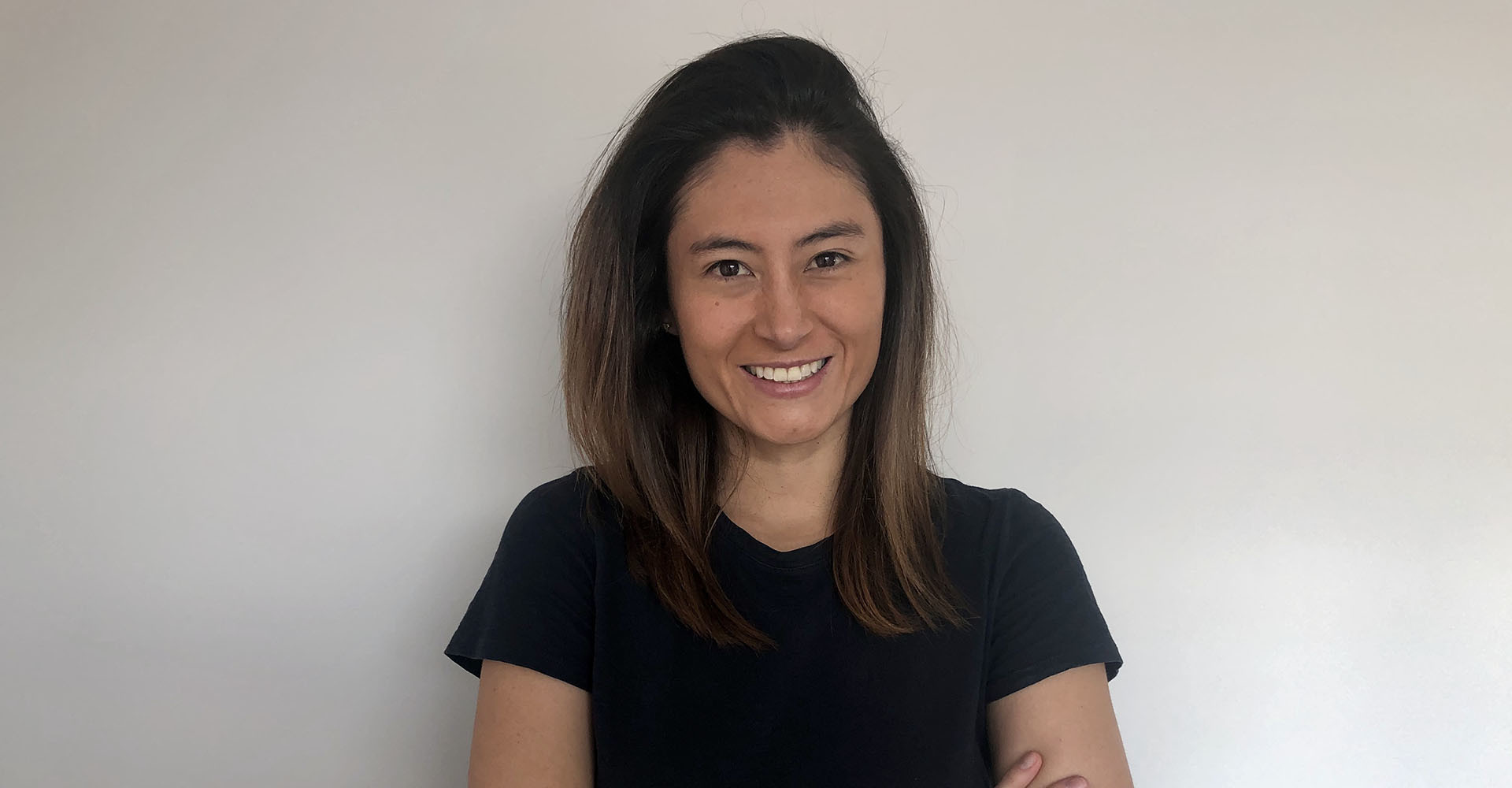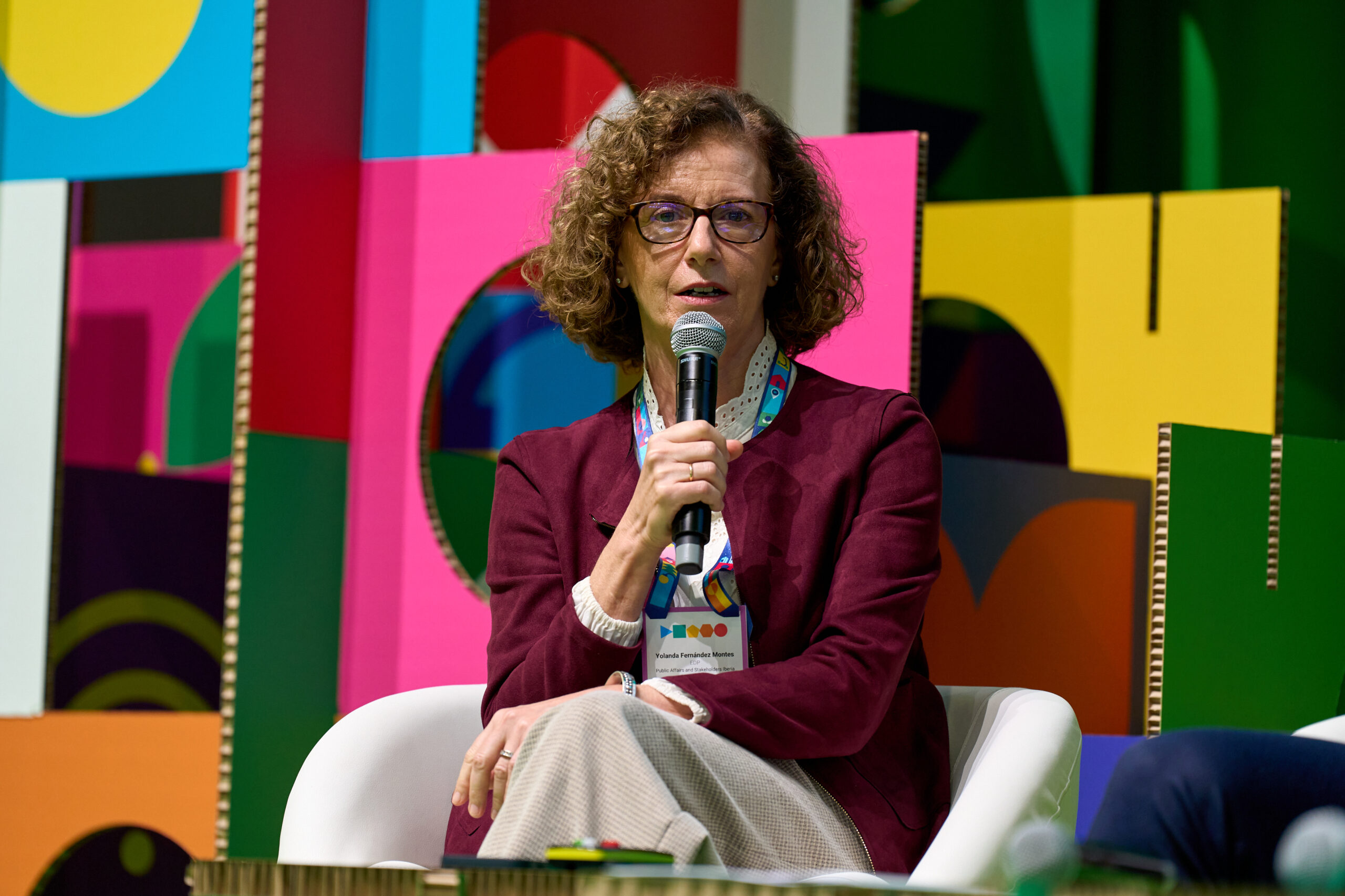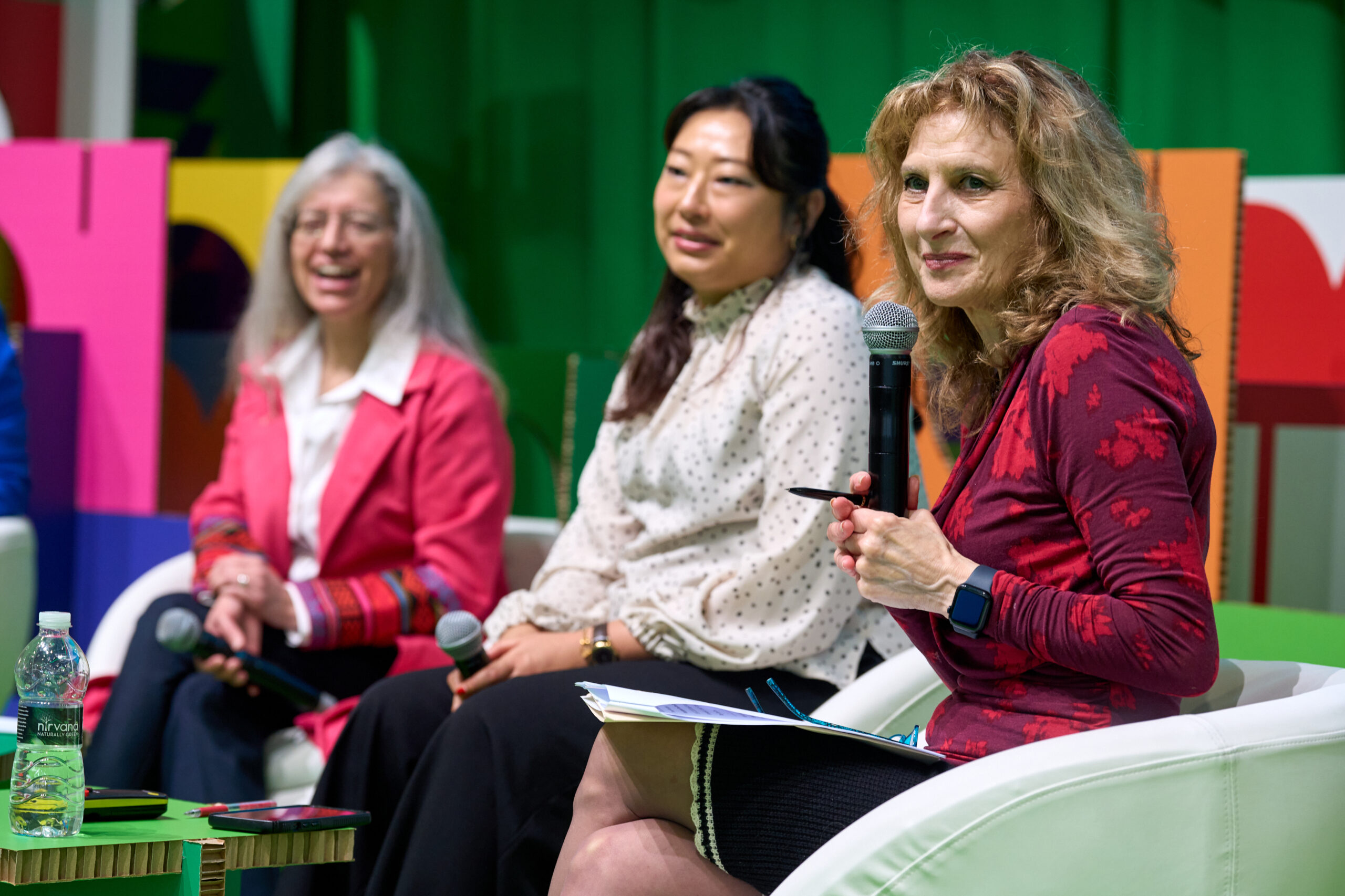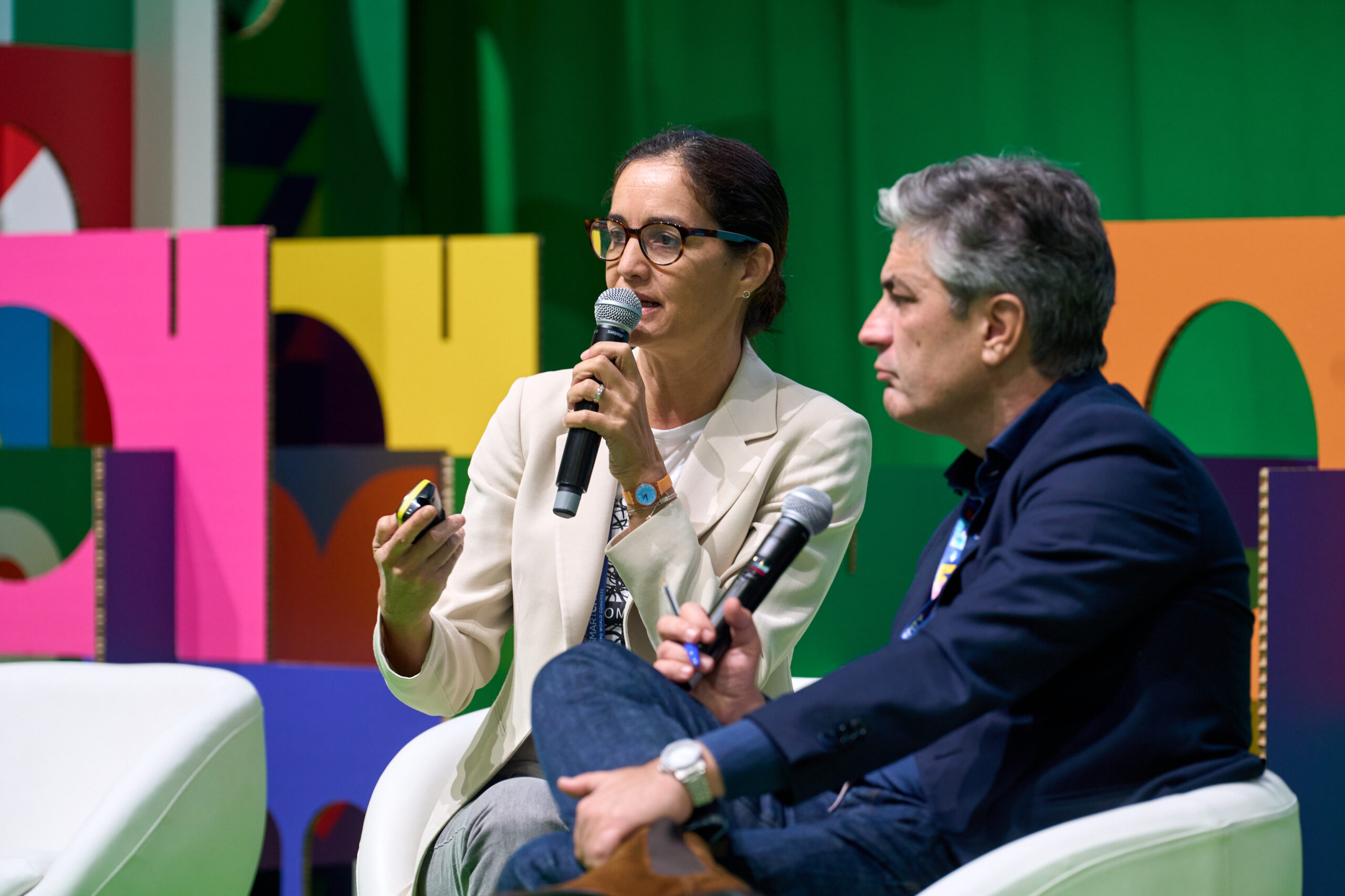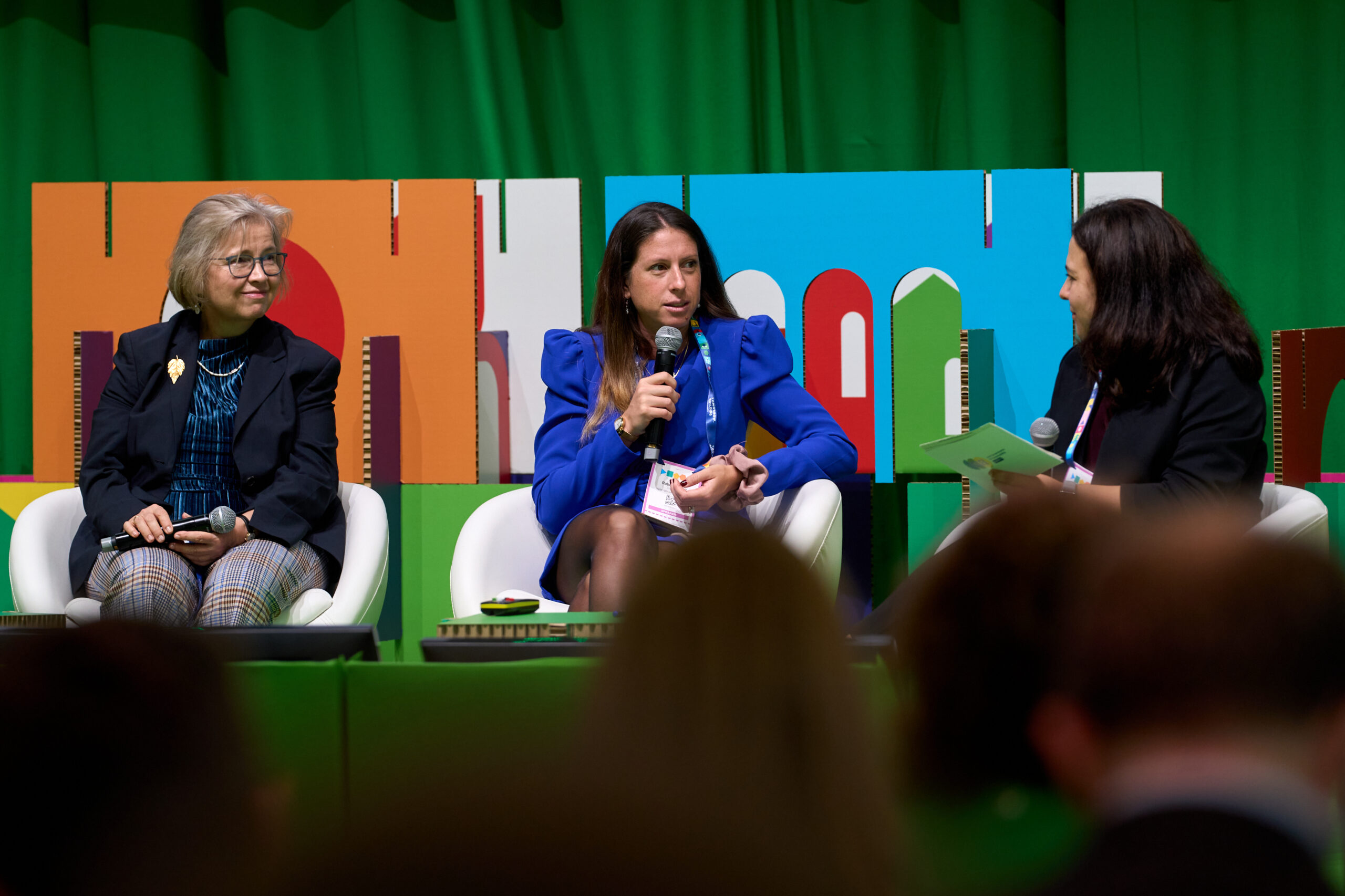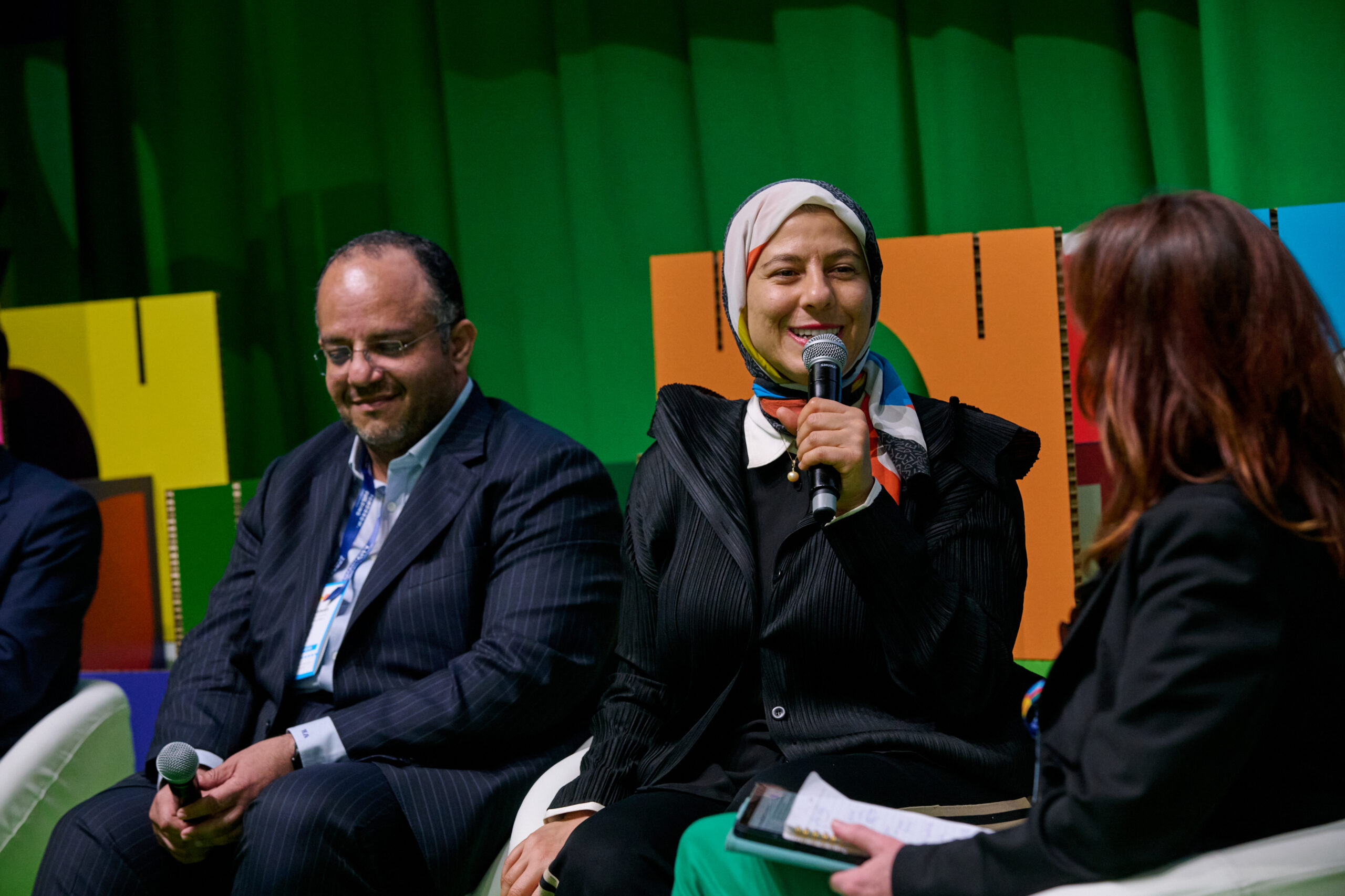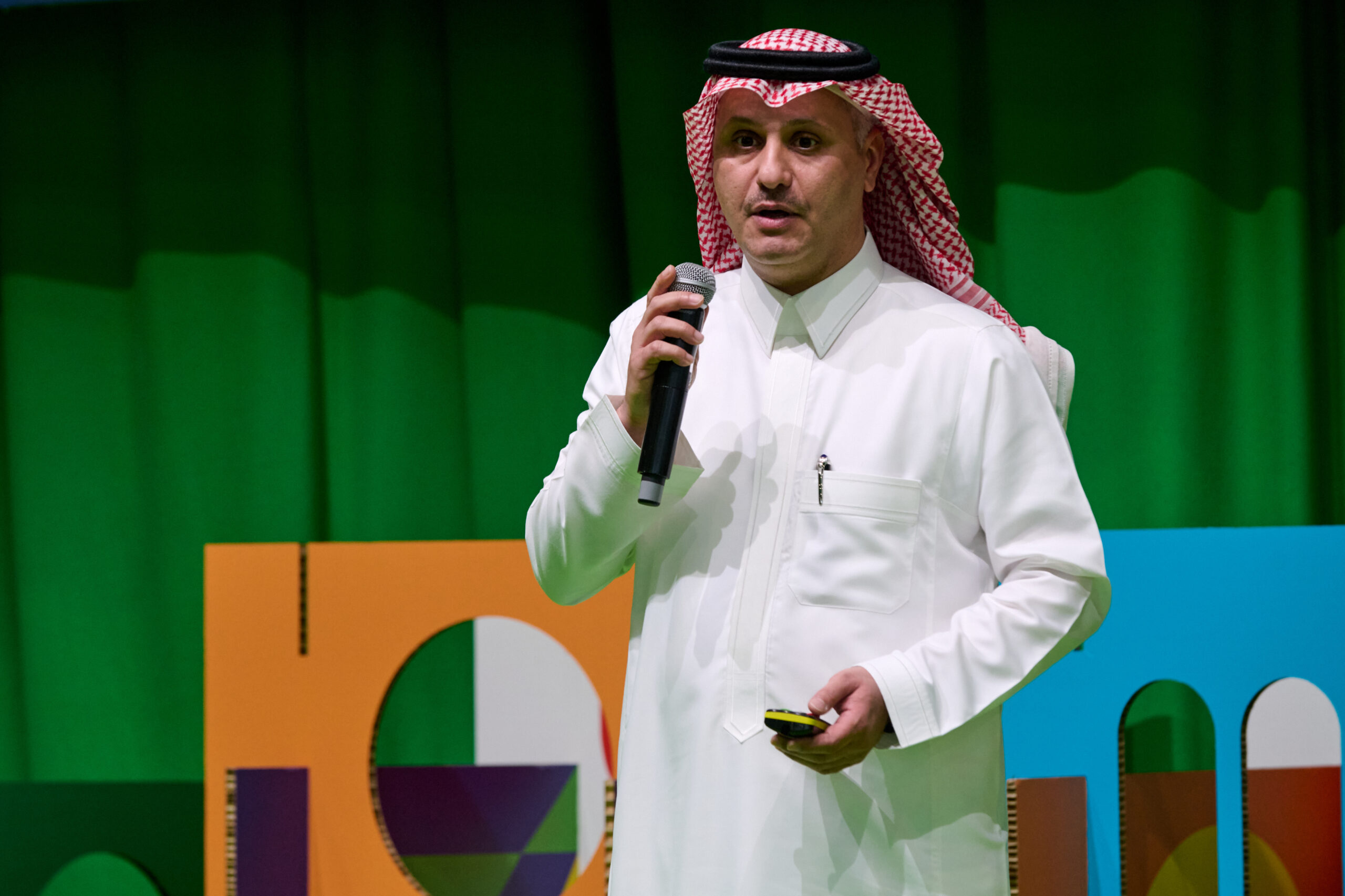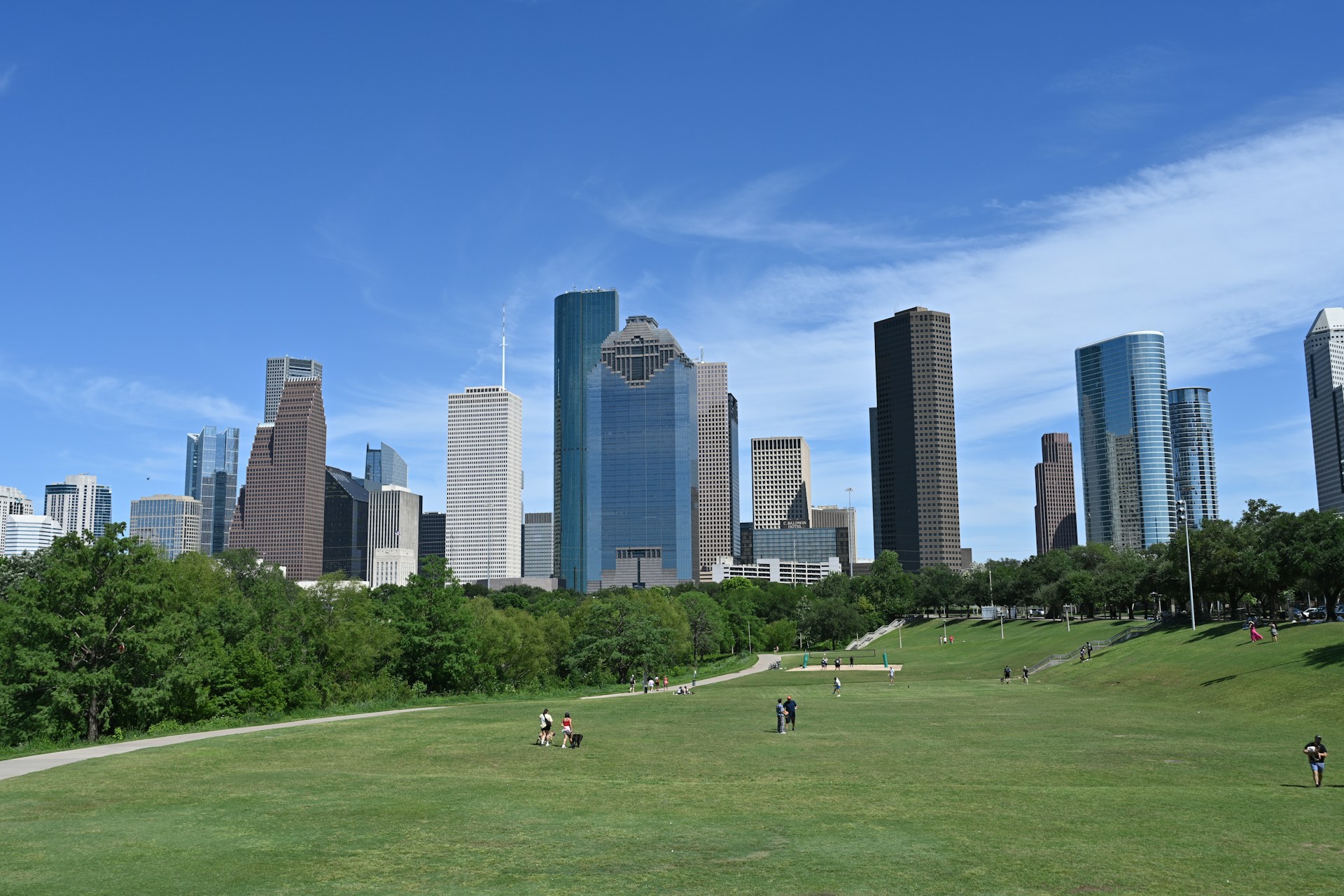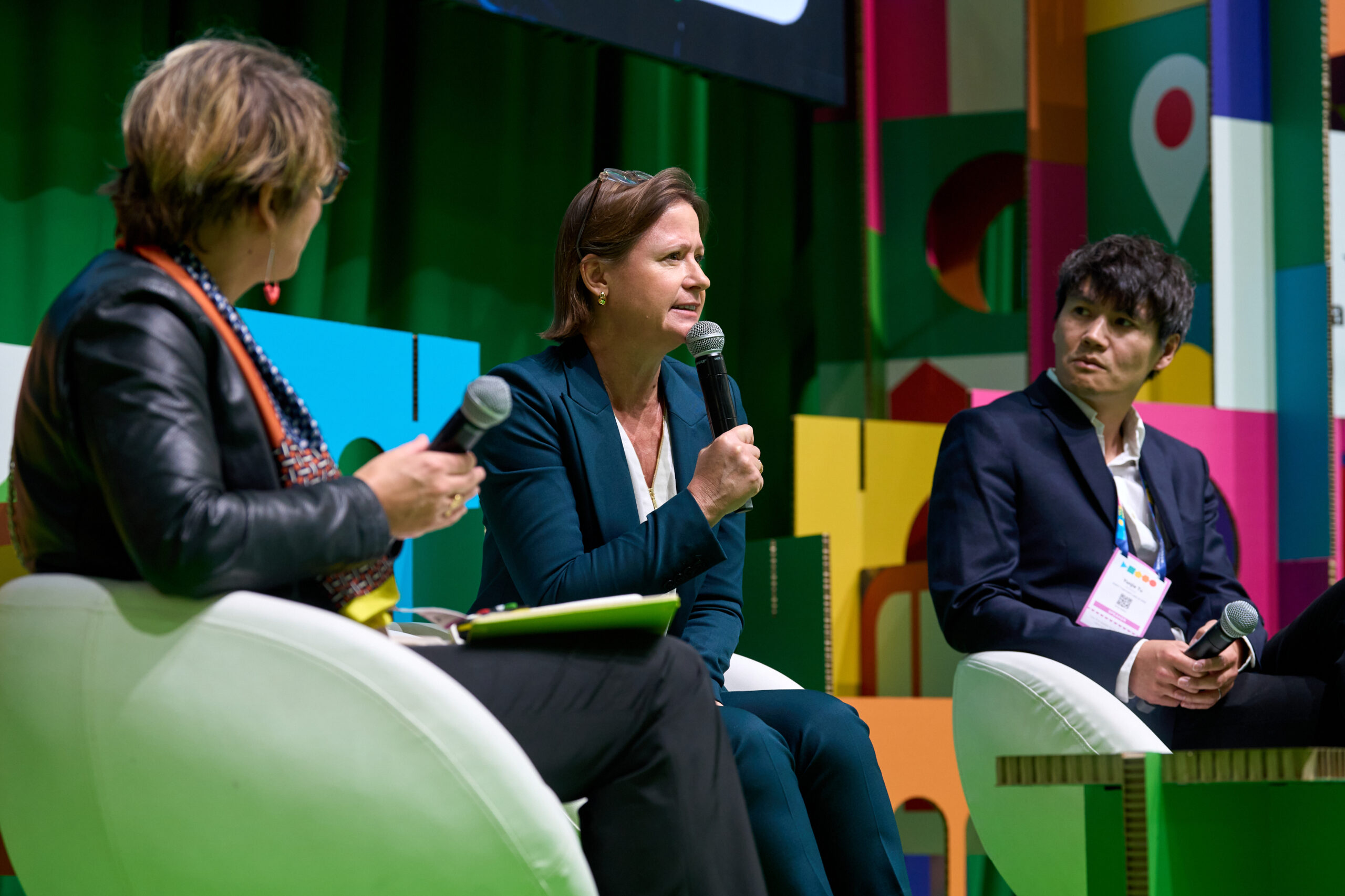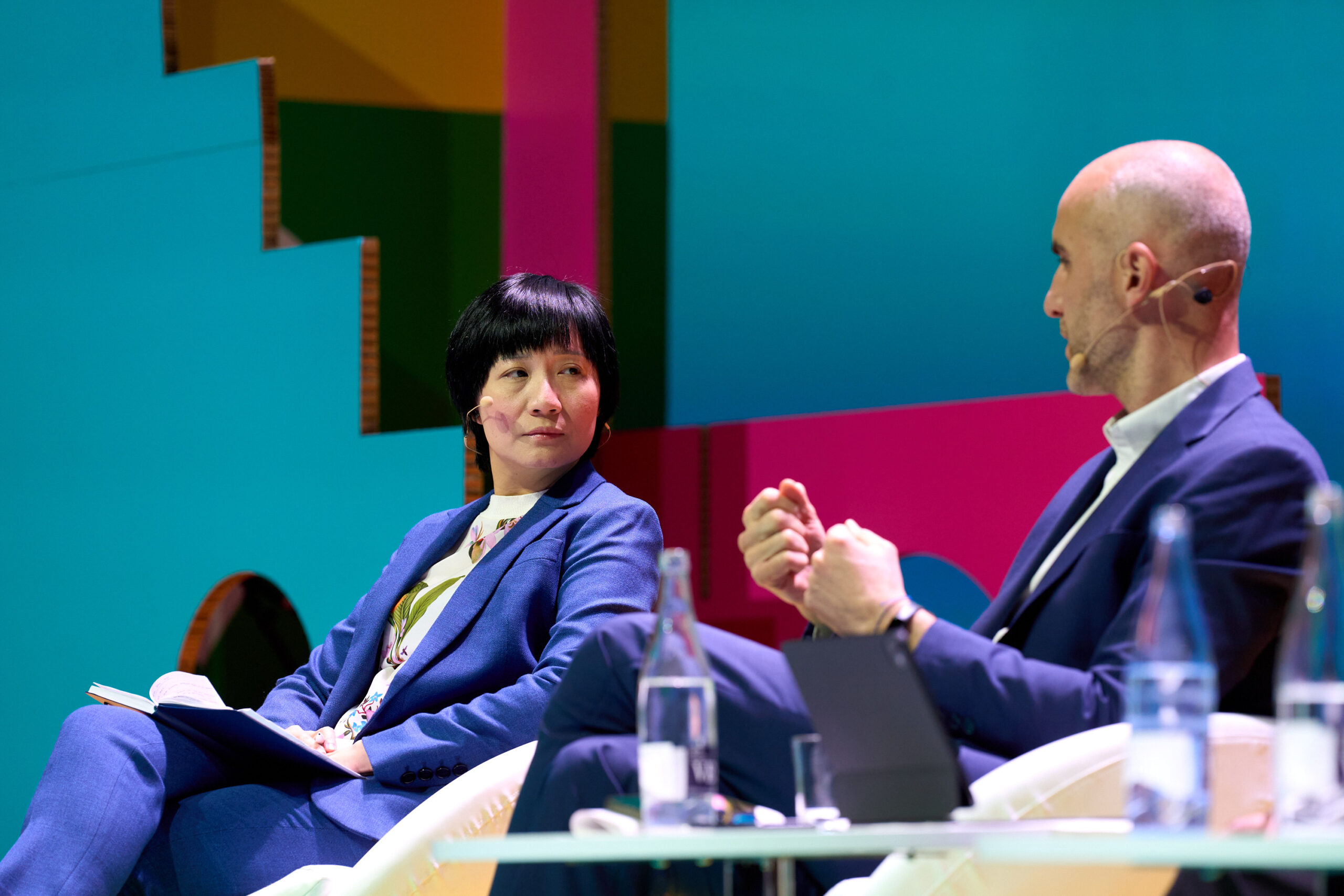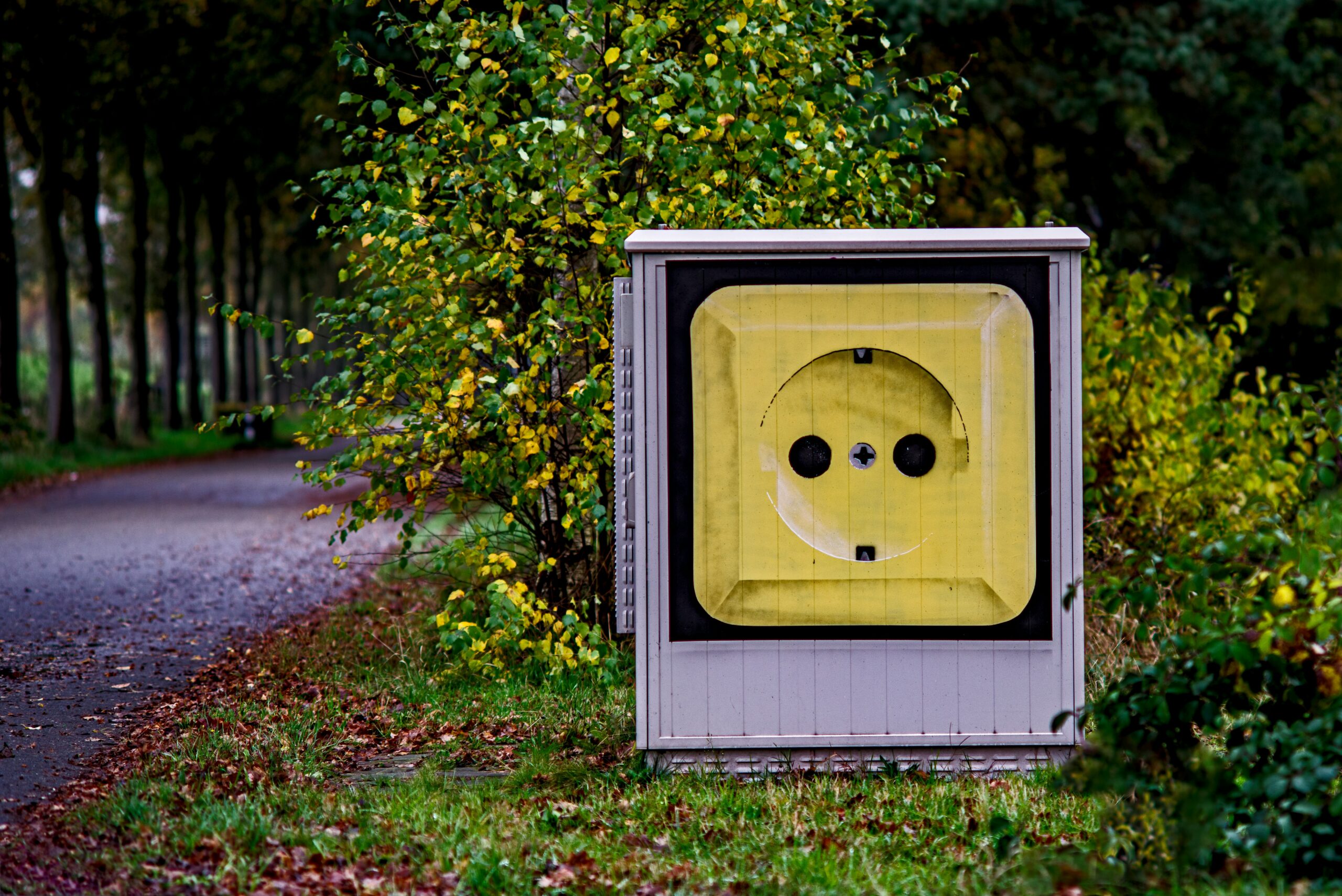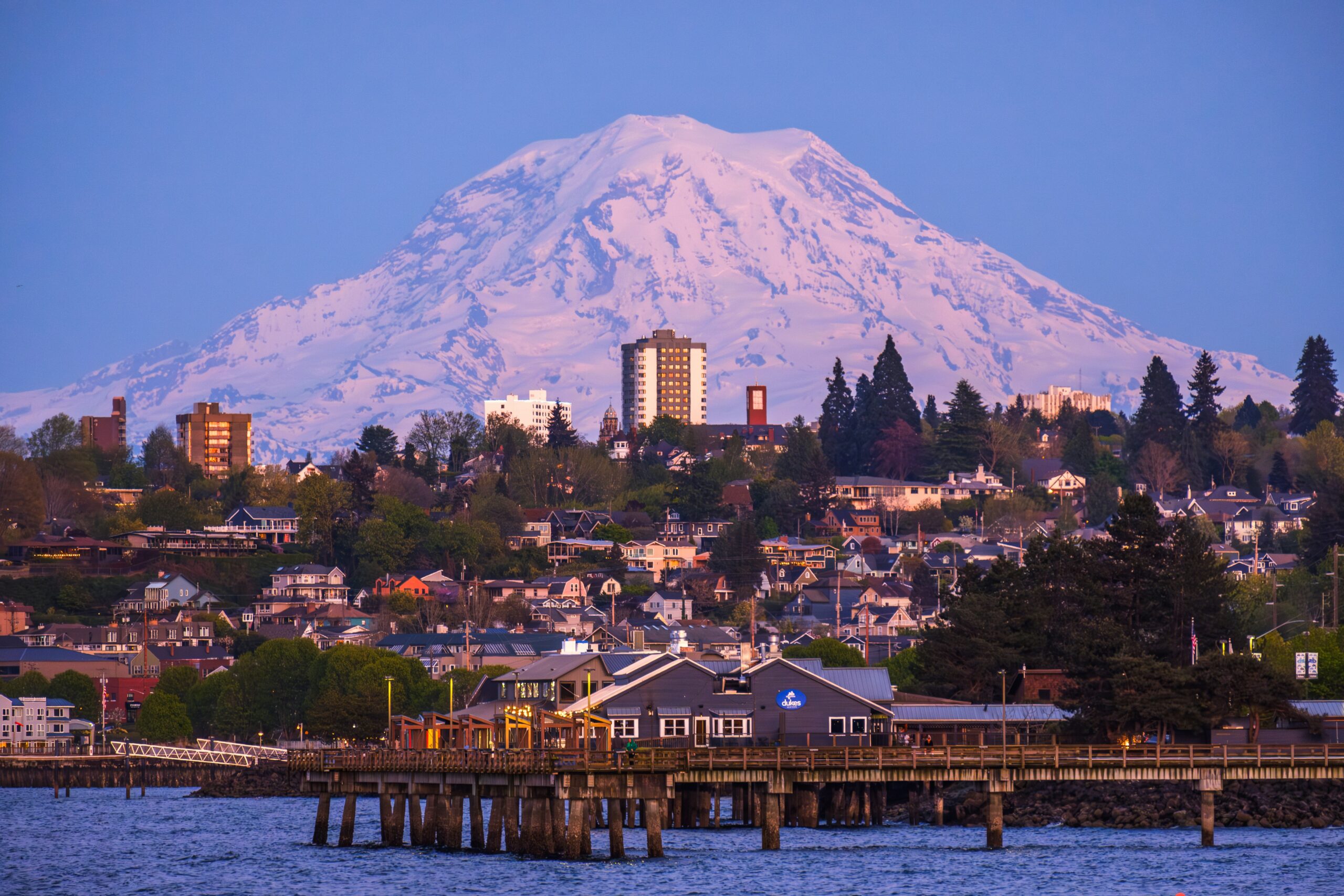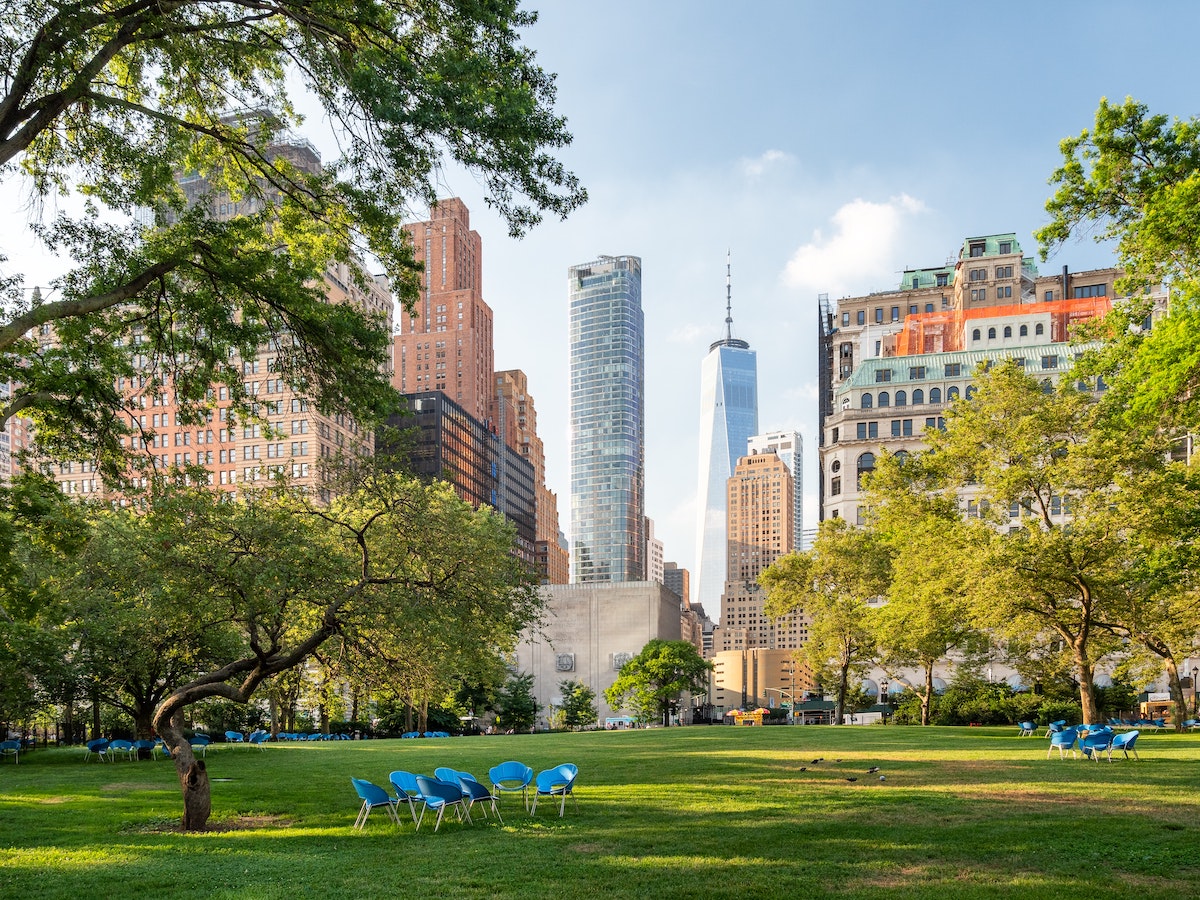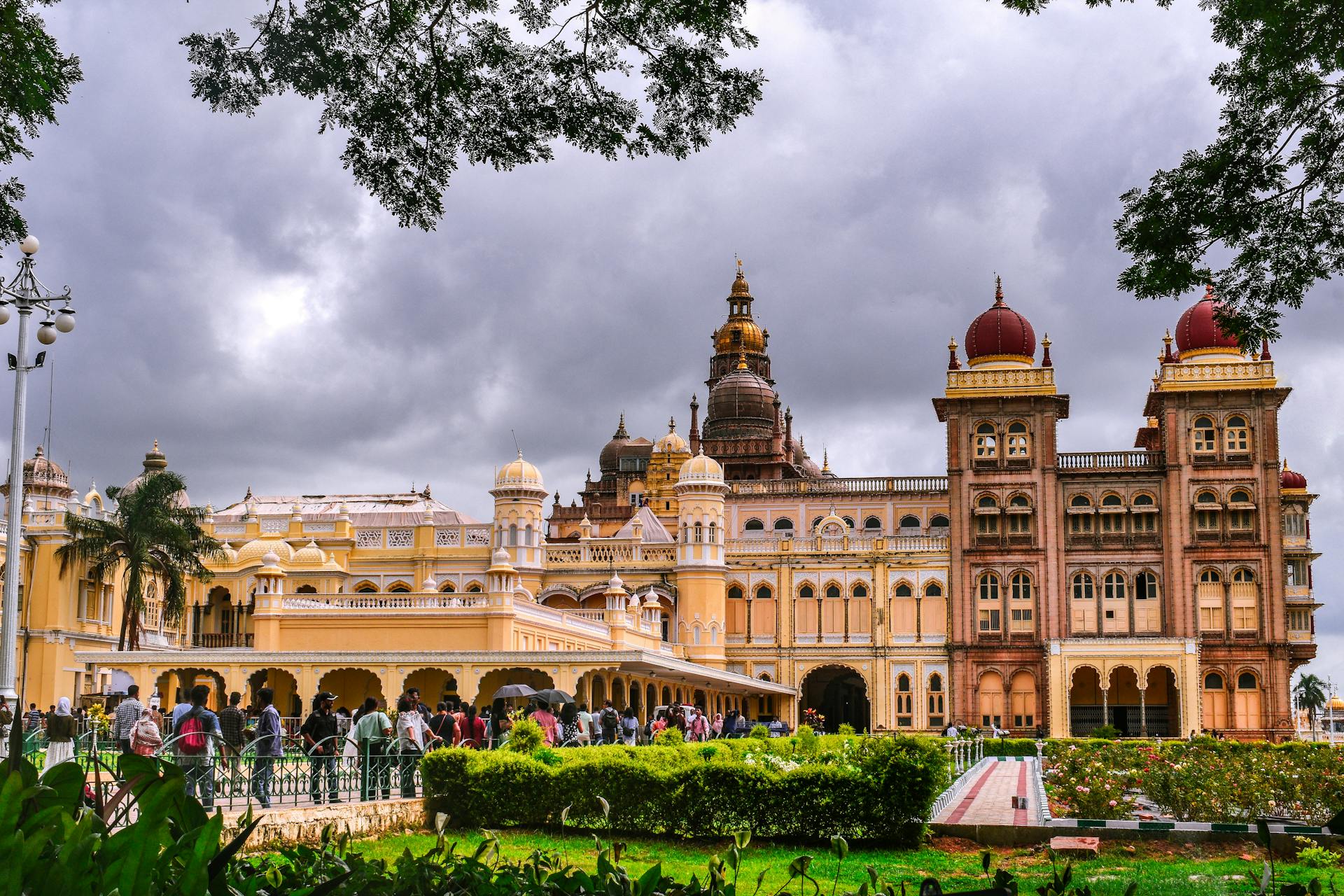Author | Tania Alonso In December 2018, thousands of students around the world took to the streets to speak out against the lack of political action to combat climate change. With their initiative, they changed the way the world was dealing with global warming and all of its consequences.One year earlier, in 2017, a group of youngsters from Bogota, Colombia, created ClimaLab. A non-government organization that seeks to raise awareness among citizens regarding the climate change problem and create spaces for participation to implement real actions in this area. We chatted with María Alejandra Téllez, executive director and cofounder of ClimaLab, about the challenges and objectives of this project.
What are the main objectives of ClimaLab?
ClimaLab began with the idea of generating spaces for citizen engagement and ensuring young peoples’ ideas reached the national government. We are a platform that teaches, but which also coordinates, enabling the voices of young people and political voices to merge.Our work allows us to build transversal climate change projects based on four lines of action, which are education, communication, art and research.
In the first of these, education, the project ‘Colegios al Clima con el País’ (Schools addressing Climate with the Country) comes into play, with which you want to bring the issues of climate and sustainability into schools in Colombia.
Exactly. The aim of this project is to have an impact on the academic and administrative areas, informing and educating students, teachers and personnel in schools about climate change. We believe there is little point in conducting lectures and seminars with teachers, to inform them about the relevance of addressing climate change issues in their classes, if they are not also conducted with those working in the kitchen, bus drivers and other employees. They too have a role to play and must understand why the school must be aligned with the UN Sustainable Development Goals and particularly goal number 13.We also measure the school’s carbon footprint, so that leading and responsible decisions can be made. This is a complex project, that aims to cover all areas.
What are your achievements to date?
Last year we worked with two schools in Bogota, the ‘Liceo de Colombia bilingüe’ (Bilingual High School in Colombia) and the ‘San Mateo Apóstol’ school. They allowed us to work with students, teachers and administrative staff, so we finally had an impact on 1,000 people, who we hope took away an important message. The project has been really well-received in the city. In fact, with it I received the National Young Talent Award for Bogota, which allowed me to take part in the 2019 edition of One Young World.One school has also made a significant change, since it added the subject Young leadership in climate action to its lecture series. In this class, my colleague and cofounder of ClimaLab, Joana Cifuentes, explains the contents related to the environment, politics in relation to climate change and the responsibility of young people themselves. Other changes, including those related to the energy transition, are more complicated to implement because they require a higher budget.That year we were looking for resources that would allow us to take the project to more schools, both private and public, in and outside of the city, but COVID-19 has brought the process to a standstill.
What role do young people have in guaranteeing a more sustainable future?
Many people say that we are the future, but we are also the group that is leading movements today. Very often we are told to “wait, the time will come when you have to make decisions, you are still young”. We are trying to change that, because our personal decisions are allowing new behavioral models to be generated, creating an image of young-led coordination.We are asking the rest of the population and governments to make specific decisions to halt climate change. We have taken a stance. In 2018, for example, we formed part of a group of organizations that promoted and boosted the ratification of the Paris Agreement in the Congress of the Republic of Colombia. We were at the congress, we exerted media pressure and we achieved it.We are still demanding spaces for citizen representation, but we have to recognize that we do already have some. And we must use them. I believe the transformation of cities also begins with generating spaces in which young people can be heard in an orderly manner.
Apart from generating these spaces, what other challenges are cities in Colombia and Latin America facing?
In Bogota, for example, the new local district development plan (‘A new social and environmental contract for Bogota in the 21st century’), outlines that the city is lacking green spaces. Furthermore, air quality is poor, because the Transmilenio fleet of neutral or low-emission buses was not renewed.In Europe there are many good examples of cities that are renewing with climate change in mind. Generating more green areas, replacing contaminating means of transport with the use of bicycles, etc. In developing countries, we still need to have a clearer idea of what we want to do. Sometimes we fail to identify the need, instead, we apply measures that work in other places without adapting them to local requirements.The first step is identifying where we live and what we need. One of the things we want to focus on is making Bogota green again and showing why it is important to do so. We also need to have a very clear idea of who we want to transform. That is why we focus on children and young people. Cities are spaces in which we, as young people, can have an impact.
In Colombia, community empowerment is becoming a familiar term. What is the value of communities in transforming a city?
The concept of community empowerment defends that you must take part not just in the creation, but also in the benefit of public policies. If I do not build public policies with the help of the community, which will be the beneficiary of these policies, I may be creating something that will be of little use to that community.This idea is also related to the signing of the peace process in Colombia. One of the most important messages that emerged from that times was that a space needs to be opened so that people that formed part of the guerilla could go on to form part of civil society. This involves you, as a citizen, having to be resilient and open to building a new country despite social and political differences.
“What is needed? Political willpower and for the economy to change gradually and in a socially responsible manner”
Do you think society is aware of the need to change in terms of climate change?
I think so. We are no longer that country that would throw rubbish in the street and not care. We know that the very least we must do is to recycle waste. We no longer find reusable straws in restaurants because the use of plastic is unnecessary.Even those that do not believe in this can read the signs that something is changing. For example, when they see that bags are “100 biodegradable”. The messages are everywhere. And those of us that do believe in it, and there are plenty of us, are increasingly committed to transforming our lifestyle for the benefit of nature. What is missing? Political willpower and for the economy to change gradually and in a socially responsible manner, to respect the situation of workers.
What are ClimaLab’s upcoming plans?
Although everything is at a standstill at the moment, we plan to appoint other young people in Latin America as ambassadors. The idea is for ClimaLab to be replicated in other settings and other territories, so its message is shared beyond Bogota.From now on, we need to respond to the challenge of reinventing ourselves after COVID-19, to ensure that what we are doing continues to have positive effects. We are going to have to study, for example, how to develop urban agriculture and other projects that we were carrying out. And, above all, we need to ensure that this pandemic does not overshadow our hard work.All environmental policies or projects must be related to the requirements of the post COVID-19 context. Before the pandemic, we had a very specific concept of reacting to the change, very much in line with bringing the SDG 13 to the city. But cities will not be the same again. This is why I believe we must be able to make effective changes.
Do you think this situation will help to change peoples’ perspective with regard to the threat of climate change?
We think so at ClimaLab. And we are aware that climate change has resulted in many more deaths in recent years than those caused by COVID-19 (without ignoring the relevance and seriousness of the pandemic).We believe this may be a small example of what we could experience as a result of the devasting consequences of climate change. Confinements, natural disasters and even other pandemics.Images | Climalab, Random Institute
